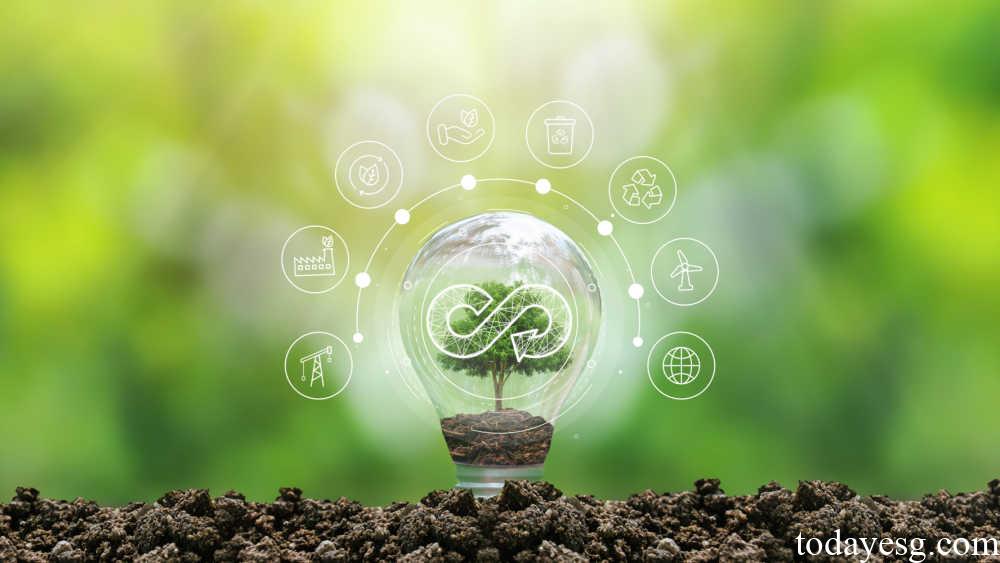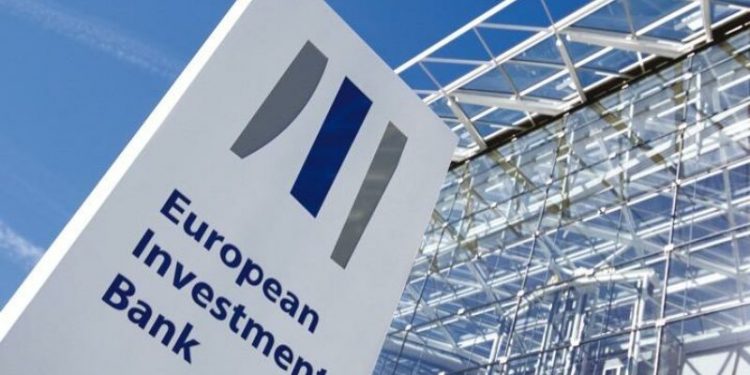Circular Economy Report
The European Investment Bank (EIB) releases a circular economy report, which aims to introduce circular economy and summarize EIB’s actions in circular economy development.
What is Circular Economy
The world consumes more than 100 billion tons of materials every year, and more than 90% of the resources used in these materials are wasted, negatively affecting the environment, biodiversity and human health. Circular economy aims to solve this problem by reducing resource consumption, waste generation and greenhouse gas emissions by extending the life of materials, redesigning product processes, developing innovative solutions and encouraging sustainable consumptions.
45% of global greenhouse gas emissions come from product use and manufacturing. If circular economy strategies are applied in five key areas (cement, aluminum, steel, plastics and food), nearly half of greenhouse gas emissions in global commodity production can be eliminated and 9.3 billion tons of carbon dioxide emissions will be reduced by 2050. The circular economy can also halt global biodiversity loss and help restore biodiversity to 2000 levels by 2035. The circular economy can also create 7 million jobs in 2030.
Related Post: EU Agrees on Nature Restoration Law

Circular Economy Development in Europe
The European Green Deal plans to achieve Europe’s climate neutrality goal by 2050, and the development of a circular economy is an important pillar of it. The Circular Economy Action Plan issued by the European Union has also launched a series of measures aimed at strengthening the sustainable management of waste and recycling of consumer goods.
In 2019, the European Investment Bank and large EU banks launched the Joint Initiative on Circular Economy, aiming to promote the development of circular economy in Europe. The European Investment Bank also released the Circular City Funding Guide and the Circular City Center with the European Investment Advisory Hub to support the city’s circular economy transition.
European Investment Bank and Circular Economy
The European Investment Bank supports the circular economy transition through three activities: finance, advisory support and awareness-raising. From 2019 to 2023, the European Investment Bank has provided 3.83 billion euros in funding for 132 circular economy projects and provided financial and technical advisory support to these projects. These projects mainly invest in industry (42%), agriculture (23%), waste management (16%).
Circular economy projects supported by the European Investment Bank include sustainable food packaging production, aluminum scrap recycling, biogas production, industrial carbon dioxide emission recovery, plastic pollution prevention and control, etc. In addition to the circular economy developments within the EU, the European Investment Bank also joins the Multilateral Development Bank Circular Economy Working Group, and supports the development of circular economy on a global scale with other institutions.
Reference:








